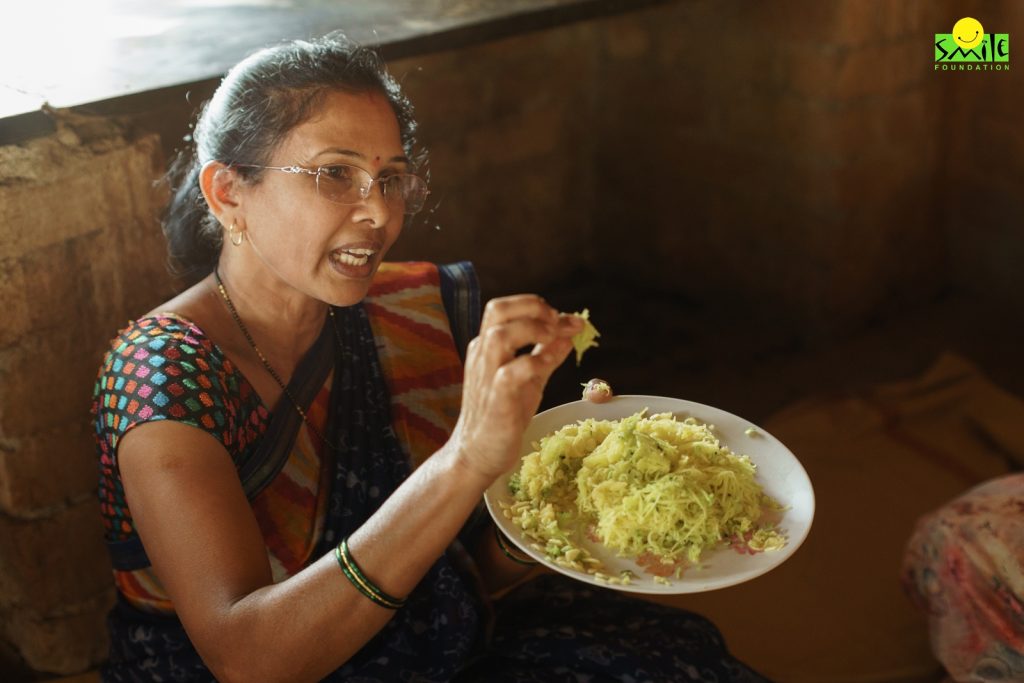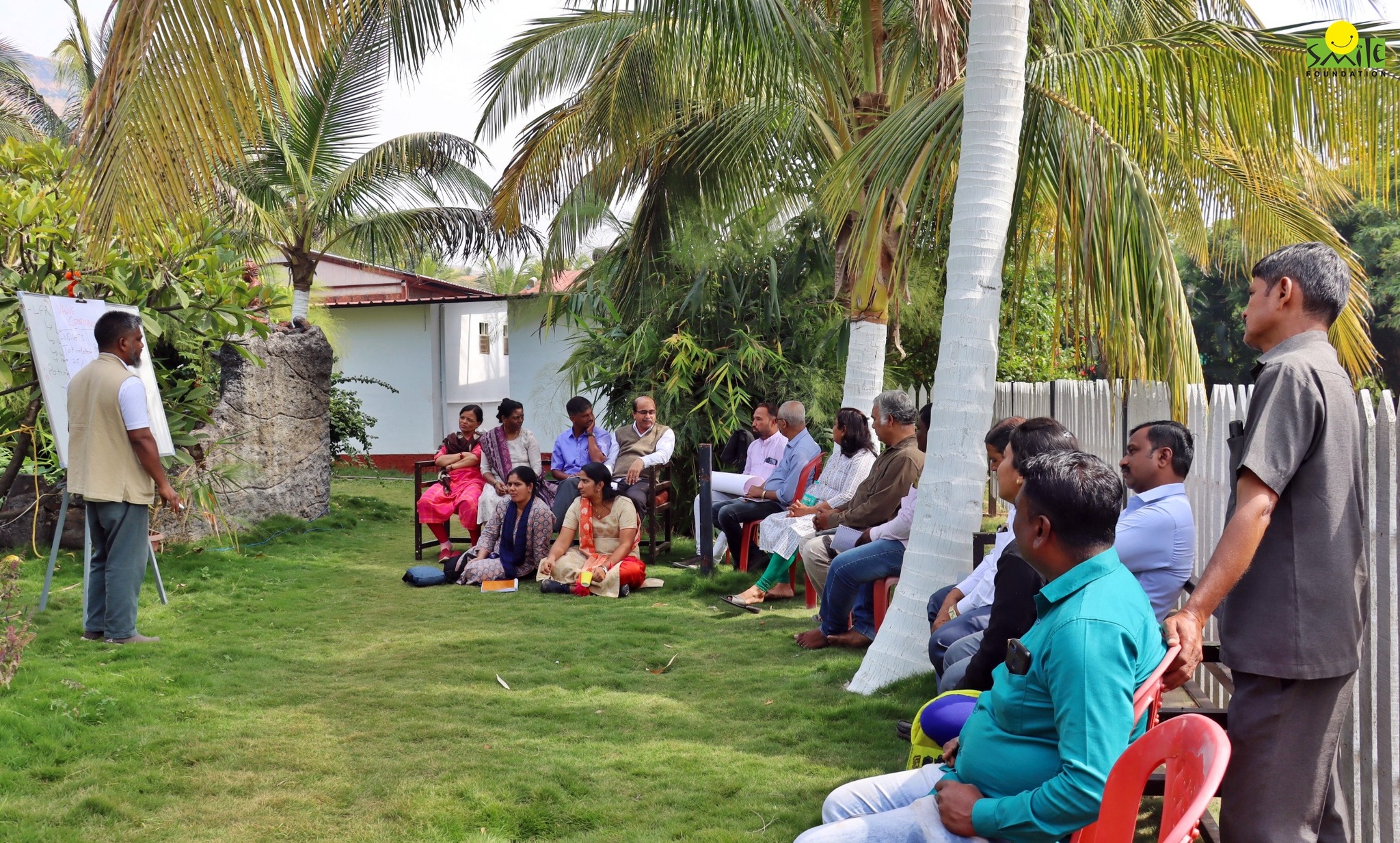It is not uncommon in Indian households to see women shying away from discussing important matters like finance, politics, and social justice. However, the World Bank has identified women’s voice, agency, and participation as a key dimension of gender equality and as a major policy priority. This recognition has not been a recent one. Women have been shaping societies across the world with their innovation, resilience, and leadership. They have been playing an important role in advocating for justice, equality, and sustainable development. Women have always been using their voices to challenge norms, question power structures, and create transformative solutions. Their contributions have reshaped histories and paved the way for future generations to continue the fight for a more equitable world. As change agents, women bring unique perspectives, drawing on lived experiences, empathy, and determination to break barriers and inspire action.
Importance of having women as agents of change
Though there are numerous reasons for having women as agents of change, some key points are discussed below.
- Diverse perspectives: Women’s participation in societal transformation brings diverse perspectives, experiences, and strengths that can drive progress across all sectors. These will be completely different from men. When a woman is involved in a leadership role, the solutions to local and global issues would become more well-rounded and representative of their entire population. Their unique perspective will help to identify overlooked problems and provide inclusive and sustainable solutions to pressing issues.
- Community benefits: When women are empowered to take on leadership roles and participate fully in the economy, the entire community benefits. Studies have shown that empowering women leads to higher education rates, improved family health, greater income equality, and overall economic growth. The World Bank has found that increasing women’s participation in the workforce can boost national GDP.
- Challenging societal norms: When a woman is an agent of change, it directly challenges societal norms and dismantles structural inequalities. Women who break down barriers, challenge outdated stereotypes, and inspire future generations to believe that gender should never limit potential. Involvement of women in activism, governance, and leadership is essential for creating a more just society where all individuals have equal opportunities to thrive.
- Better governance: Studies have shown that having more women in leadership positions leads to better governance and more transparent and accountable institutions. They often emphasize collaboration and inclusivity. It in turn fosters a more cooperative environment for resolving conflicts and addressing complex issues. Also, women tend to prioritize policies that focus on welfare, health, and education, which directly improve the quality of life for individuals and communities.
- Role models for future generations: Women as change agents will become role models for younger generations, particularly girls. These women show them that they too can break barriers and drive change. Representation of women in leadership roles is crucial in encouraging the next generation of women to pursue their dreams, take on leadership roles, and be active participants in social, political, and economic change.
Women as agents of change
1. Politics: Politics has been a tough arena for all, women in particular. It poses immense challenges, right from cultural and societal norms to outright discrimination. By entering and excelling in the political field, women challenge and dismantle the barriers, proving that leadership is defined by capability and vision but not by gender. One such politician is Indira Gandhi, the only woman Prime Minister of India. She broke the barriers in a male-dominated political landscape. She demonstrated that women could lead with decisiveness, leaving a lasting mark on Indian politics.
Research has shown that women in leadership positions tend to focus more on policies that prioritize public health, education, and social welfare. Their approach to governance often emphasizes inclusivity, empathy, and long-term sustainability, all of which are essential for the development of thriving societies. Former Prime Minister of Finland, Sanna Marin, had been promoting education, healthcare, and gender equality. She positioned Finland as one of the world’s most progressive countries.
Also, women politicians have often shown exceptional leadership during crises, whether political, economic, or social. Their ability to make quick, compassionate decisions while balancing pragmatic solutions with empathy has been a hallmark of their leadership. Angela Merkel, who had been Germany’s chancellor for 16 years, led the country through the European financial crisis, the migrant crisis, and the COVID-19 pandemic. She is widely known for her calm and methodical approach to crisis management.
2. Literature: Women have always been powerful agents of change in literature, both as writers and characters. They have often challenged the rigid gender norms and stereotypes imposed on women by society. Their writing provides new representations of women, challenging the traditional roles assigned to them and opening up new spaces for female expression, identity, and independence. Virginia Woolf’s A Room of One’s Own and Mrs. Dalloway explored the constraints that society placed on women, particularly within the realms of creativity, independence, and mental health. Woolf’s idea that women need financial independence and personal space to create art was groundbreaking for its time. Similarly, Charlotte Perkins Gilman’s The Yellow Wallpaper depicted the psychological oppression of women through the story of a woman confined to a room for her mental health.
Women writers have used literature as a platform for advocating women’s rights and feminist ideals. Their work has inspired generations of readers to reconsider the status of women and the inequalities they face in both private and public life. In her seminal work The Second Sex, Simone de Beauvoir questioned the historical and cultural oppression of women, arguing that women had been historically defined in relation to men. Her philosophy laid the foundation for modern feminist thought and activism. Betty Friedan’s The Feminine Mystique helped ignite the second wave feminist movement in the 1960s, revealing how suburban housewives in America were trapped in a cycle of domesticity and discontent.
Women writers have often focused on rewriting history from a female perspective or telling stories that were previously ignored or erased. Through their works, they reclaim narratives and provide insight into the experiences of women who have been historically marginalized. Chimamanda Ngozi Adichie’s novels explore the intersection of gender, race, and immigration, giving voice to African women and their stories in a global context.
3. Climate change: Women, especially those from marginalized communities, have been at the forefront of grassroots environmental movements. Since they have a deep understanding of local ecosystems, they are likely to be directly affected by climate change impacts, such as water scarcity, food insecurity, and other extreme weather events. This connection drives their activism and advocacy for solutions that address the needs of their communities. Wangari Maathai, a Kenyan environmental activist, found the Green Belt Movement, which planted millions of trees across Africa. The movement has been addressing deforestation and promoting environmental conservation.
Women have also been advocating for climate justice. It calls for addressing the inequitable impacts of climate change on vulnerable populations, ensuring that those who have contributed least to the problem are not left behind in the solution. Mary Robinson, the former President of Ireland and former UN High Commissioner for Human Rights, has been an outspoken advocate for climate justice. Her foundation—the Mary Robinson Foundation—Climate Change—works towards the human rights dimension of climate change.
4. Social movements: Women played an important role in a wide range of social movements, from civil rights and labor to feminism and environmental justice. It has not only been crucial for advancing the causes they championed, but it has also been essential in redefining gender roles, empowering marginalized communities, and challenging oppressive systems. Women have led the charge for women’s rights and women’s liberation from the suffragist movements to contemporary gender equality campaigns. Leaders of the US suffrage movement—Susan B. Anthony and Elizabeth Cady Stanton—were instrumental in securing suffrage rights for women in 1920. As a journalist and co-founder of Ms. Magazine, Steinem raised awareness on issues such as reproductive rights, workplace discrimination, and sexual autonomy in the 1960s. She continues to influence feminist discourse today.
Women have also been central to civil rights movements, fighting for racial justice and equality in the face of systemic racism, segregation, and oppression. Their leadership in grassroots organizing and protests helped shape the trajectory of civil rights movements across the world. Rosa Parks’ refusal to give up her seat on a segregated bus in Alabama sparked the Montgomery Bus boycott. She became an icon of the American Civil Rights Movement. Angela Davis was instrumental in the fight for racial justice, particularly in her advocacy for incarcerated Black individuals and her leadership in the Black Panther Party.
Across the globe, women have proven themselves to be indispensable agents of change. They have been driving movements, policies, and innovations, and they made lasting impacts on society. Through their activism, leadership, and unwavering commitment, they have challenged oppressive systems, advocated for the marginalized, and contributed to profound societal transformations. However, their journey is ongoing, as challenges such as gender inequality, environmental crises, and social injustice continue to persist. Empowering women through supporting them to become independent like Smile Foundation does and ensuring their active participation in decision-making processes remain essential to creating a more just, inclusive, and sustainable world.









